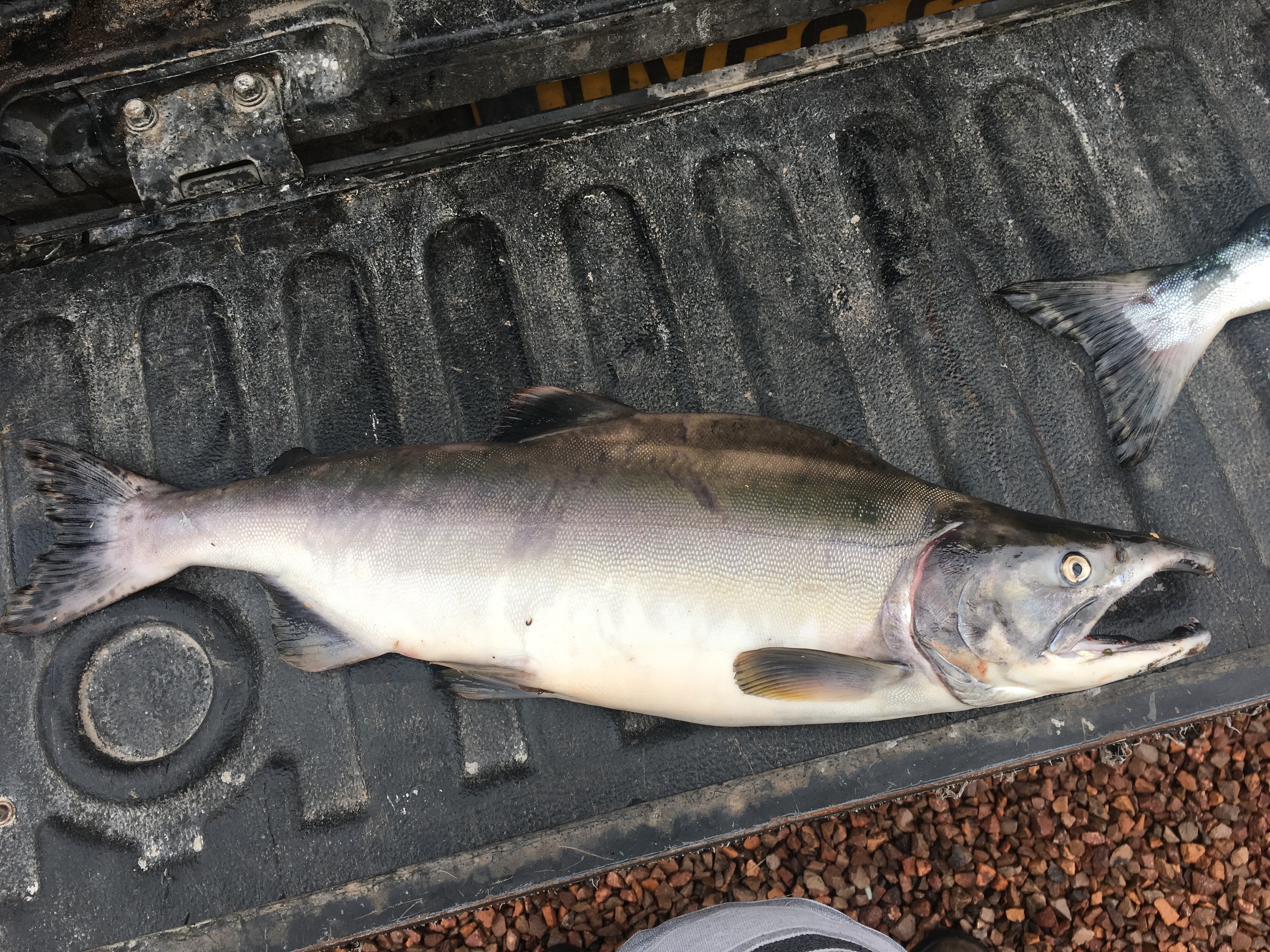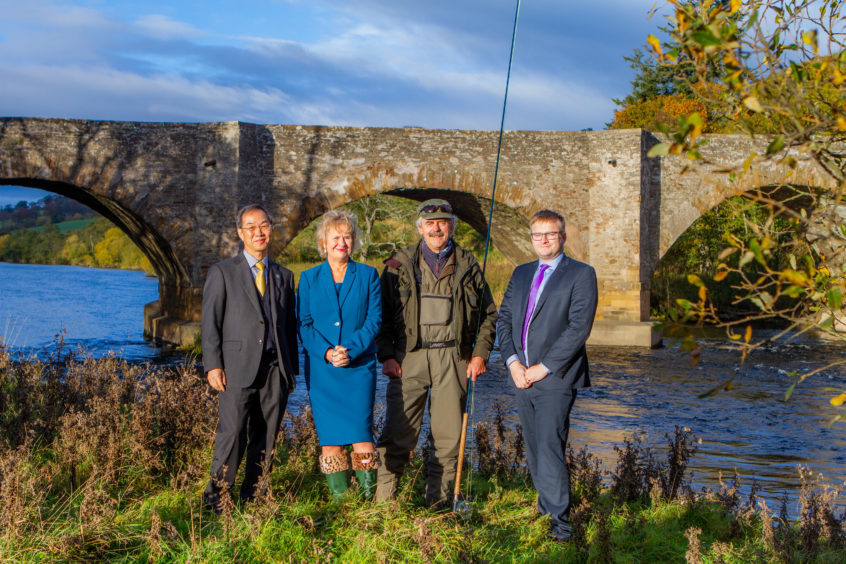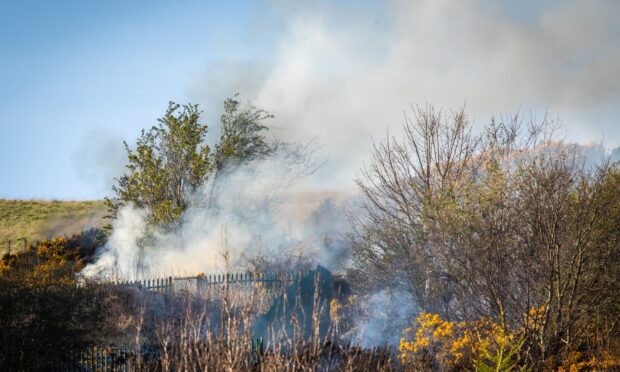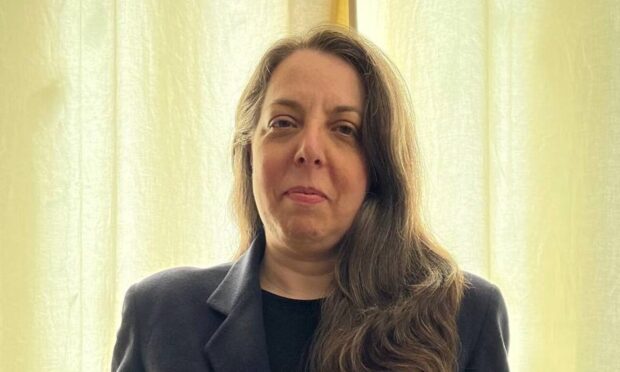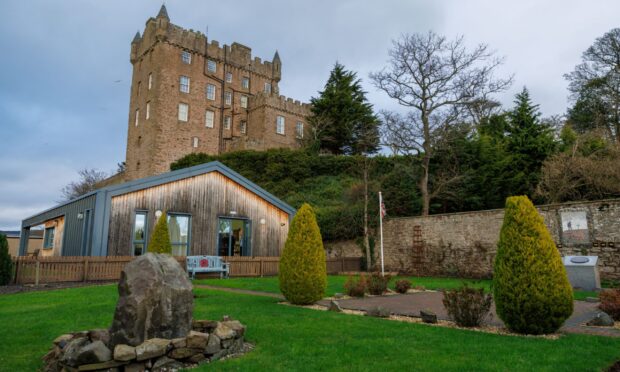Wild salmon populations across the Atlantic are continuing to fall, casting doubt the future of one of Scotland’s most iconic species.
Now experts from across the globe have met in Perthshire to launch the Year of the Salmon – an international campaign that is focused at raising awareness of the serious issues facing the fish.
It comes as the Scottish Government publishes new proposed guidance on salmon stocks on Scottish rivers, advising where fish can be taken home and where mandatory catch and return rules – first introduced in 2016 in an attempt to halt the decline – must remain in force.
Climate change, pollution and fish farming have all been blamed for the falling numbers. A ban on netting salmon has also failed to produce the desired results, with populations continuing to shrink.
Joannes Hansen, North Atlantic Salmon Conservation Organisation (NASCO), one of the international bodies behind the campaign, said the International Year of the Salmon aimed to foster understanding of the many issues facing the species.
Speaking on a visit to the River Earn, where he met representatives from the Scottish Government, he said: “Each river is unique and each stock in each river is unique, so it’s quite complex, but the least we can do is manage the rivers on a scientific basis and we’re happy to see that’s happening in more and more places across the board.”
Professor Kim Suam, Roseanna Cunningham and Joannes Hansen meet Perthshire anglers to launch the Year of the SalmonEuropean populations of Atlantic salmon have fallen sharply from around eight million in the early 1970s to an estimated three million currently – the lowest levels observed since experts began monitoring stocks. Restrictions are in place on many rivers in Europe.
Salmon catch statistics in Scotland for 2017 were the fourth lowest on record, with the total reported catch 20% lower than average.
Environment secretary, and Perthshire South MSP Roseanna Cunningham, said the Year of the Salmon launch would help manage the problem. She met representatives from NASCO and the North Pacific Anadromous Fish Commission in Perthshire this week.
“I am delighted to welcome such distinguished visitors to this beautiful part of the country to discuss how important our Atlantic salmon are to Scotland, and to share thoughts on how to address the many challenges they are facing,” she said.
“I am particularly interested to share ideas on how we can work more closely on research and projects to better protect salmon in the marine environment where international co-operation is needed.”
Dr David Summers, fisheries director, Tay District Salmon Fisheries Board, said he welcomed the Year of the Salmon initiative “with open arms.”
“The biggest problem affecting us on the River Earn and in and around the River Tay is that juvenile salmon are going to sea and not coming back,” he said.
“Even 10 years ago there were a lot more salmon and the last few years have been really bad.”
He said he believed warming waters were forcing the fish to travel further north to feed.
“At the end of the day, the issues that are affecting salmon are out on the high seas. If anything can be done it is going to be people coming together from around the whole North Atlantic so this is vital and I welcome it.”
